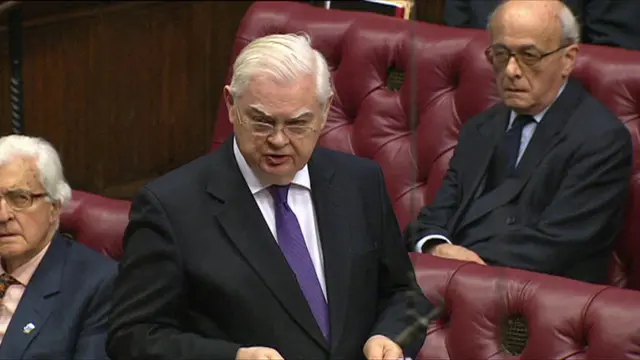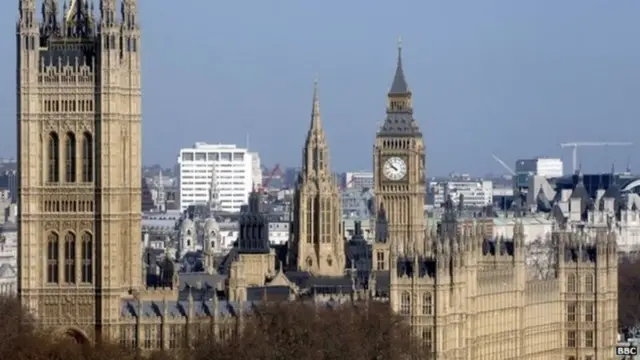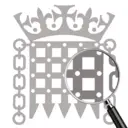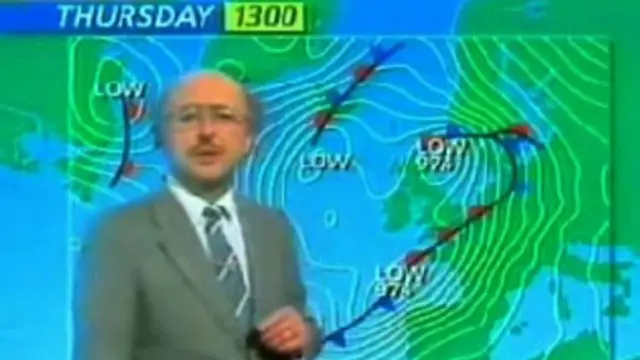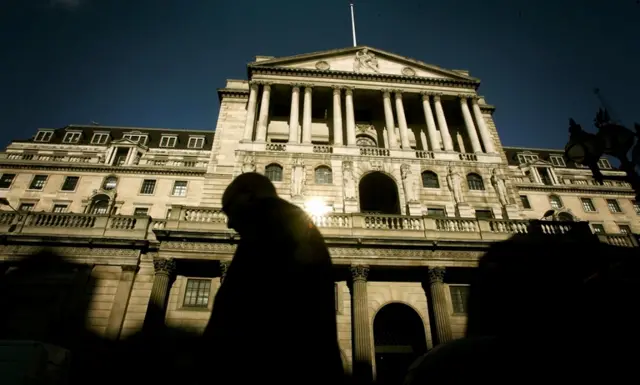Carney: Pound impact on inflation is 'protracted'published at 11:20 GMT 21 February 2017
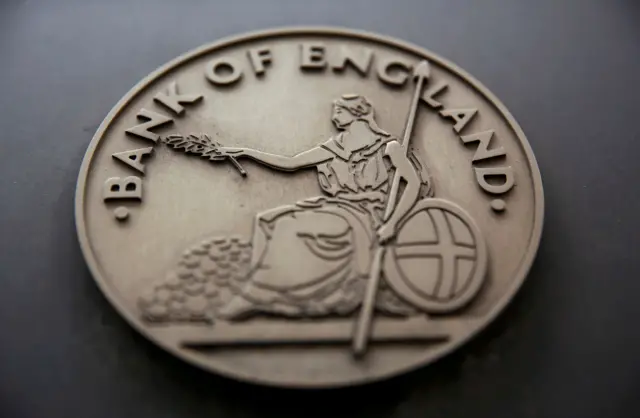 Image source, Reuters
Image source, ReutersThe Bank expects the fall in the value of sterling to push inflation higher, potentially all the way up to 2020, Mark Carney says.
"One of the lessons we learnt from the depreciation of 2007-8 is that exchange rate pass through is quite protracted," he tells MPs on the Treasury Select Committee.
A weaker pound makes imports more expensive, which some businesses then choose to pass on to consumers in the form of higher prices.
The Bank's latest inflation report forecasts that inflation, as measured by the consumer price index, will be at 2.4% in three years' time - above the Bank's 2% inflation target.

